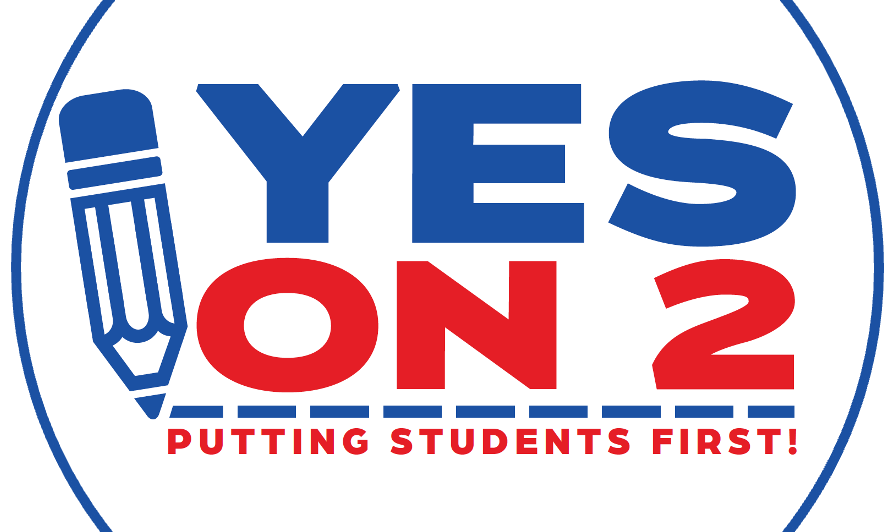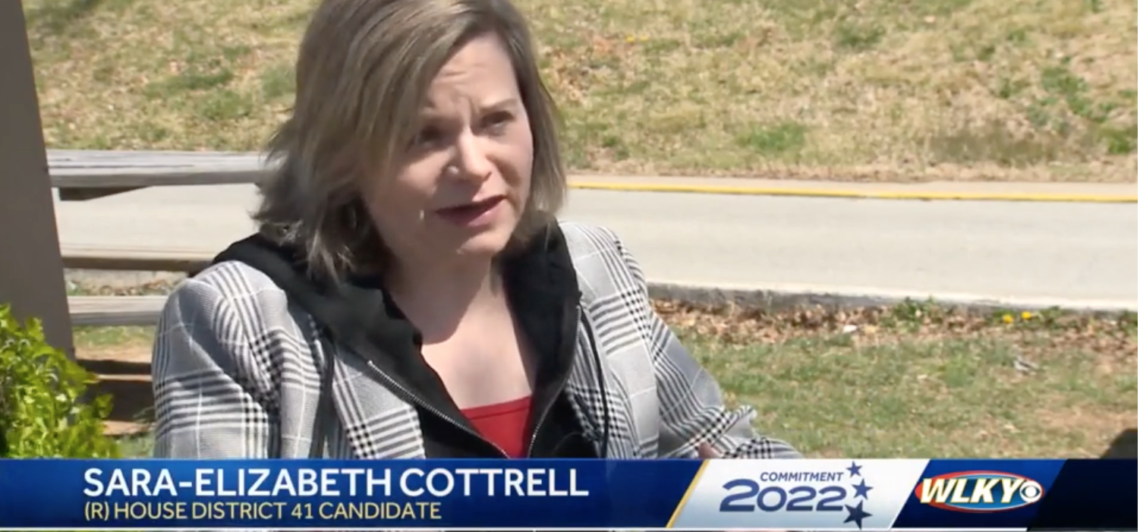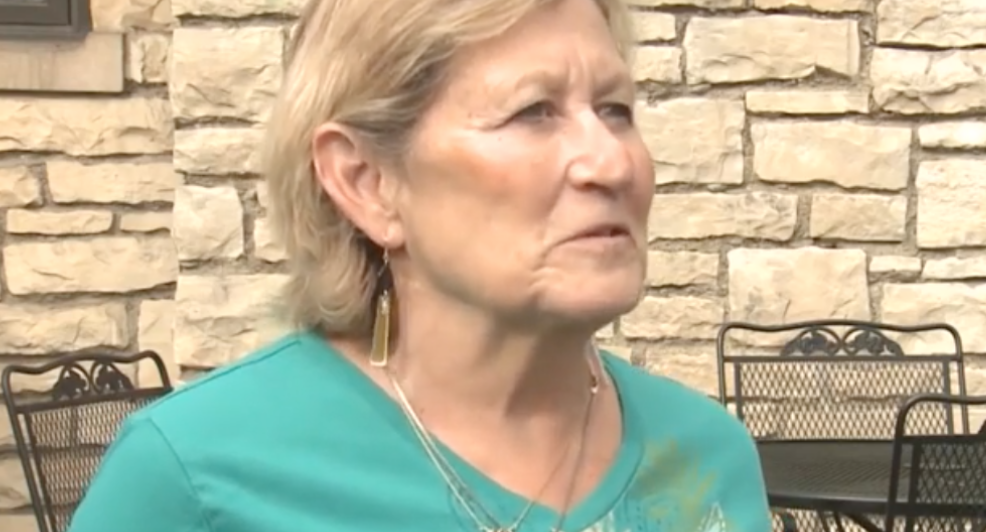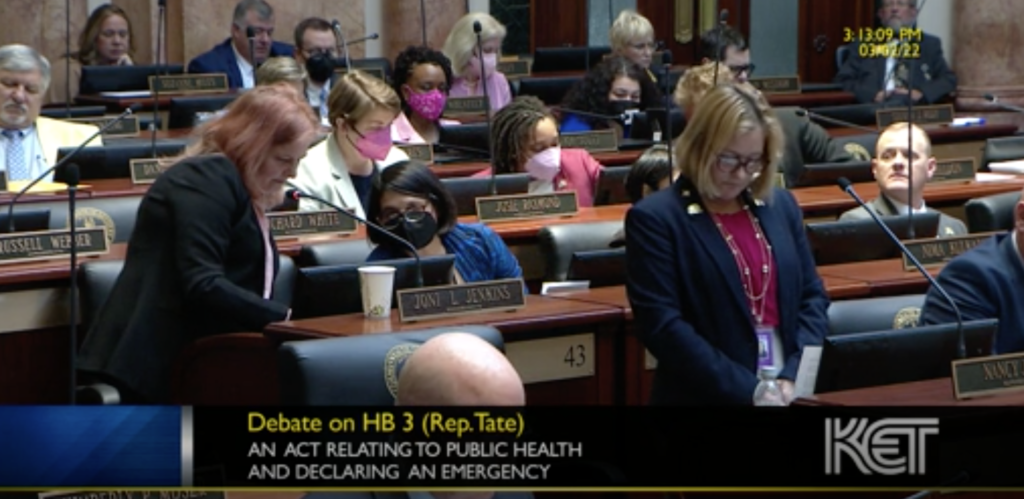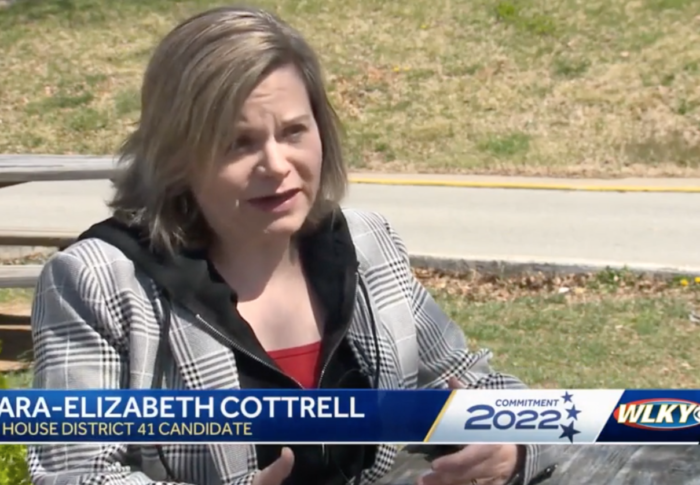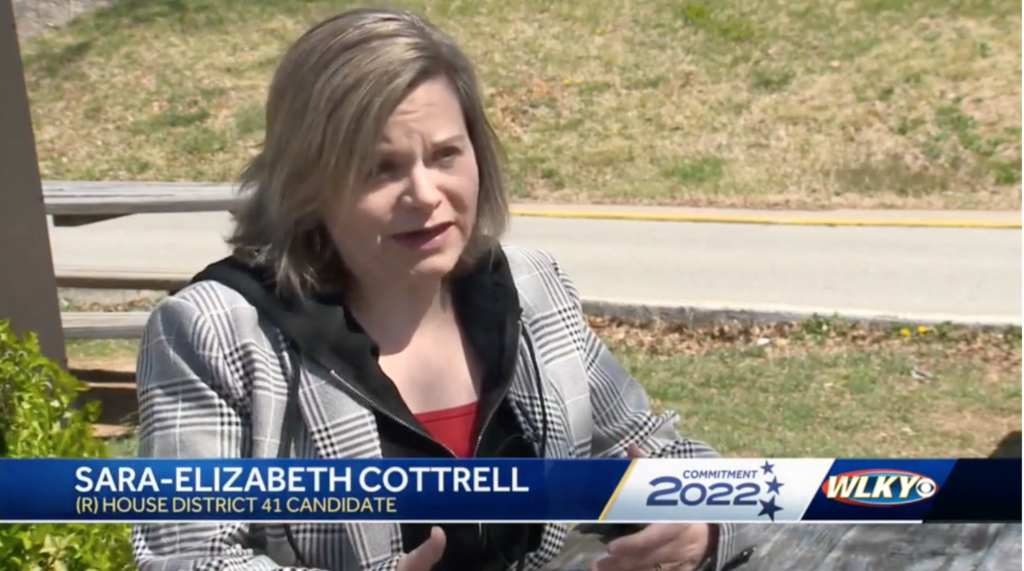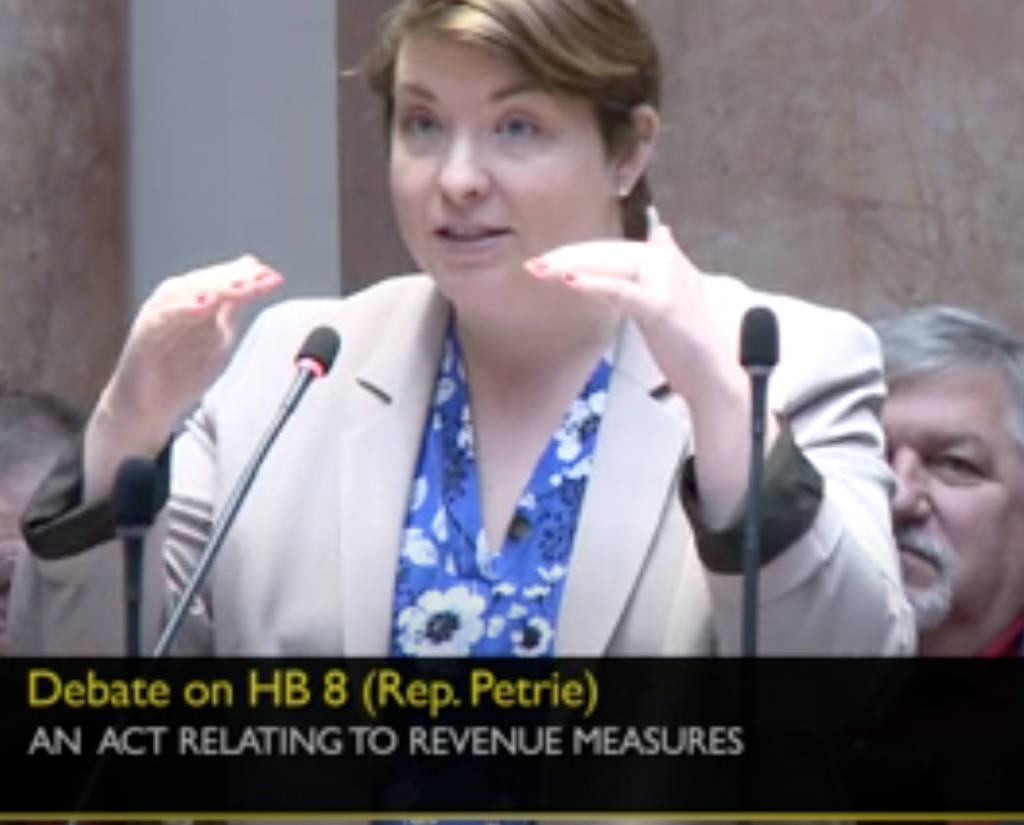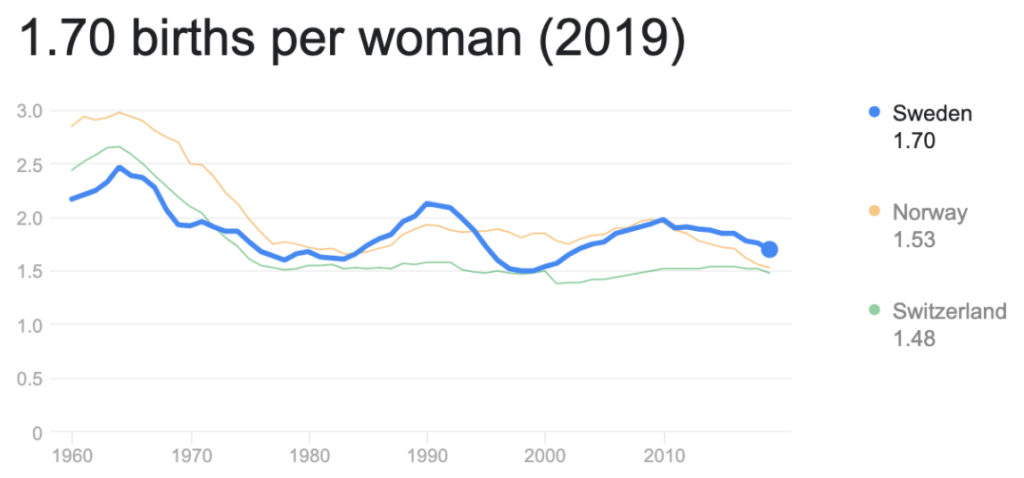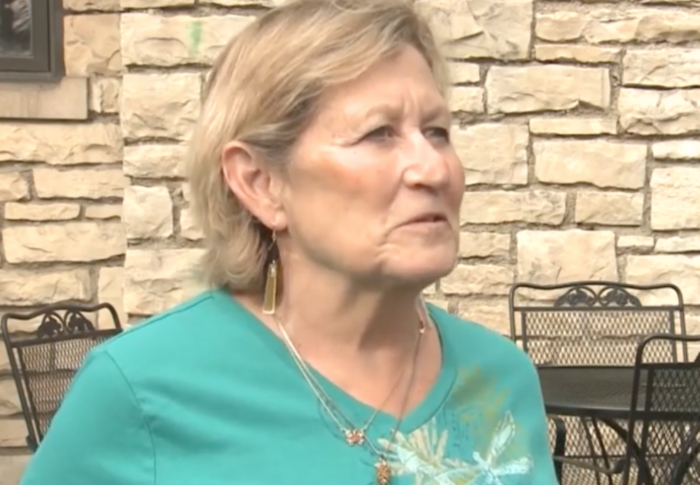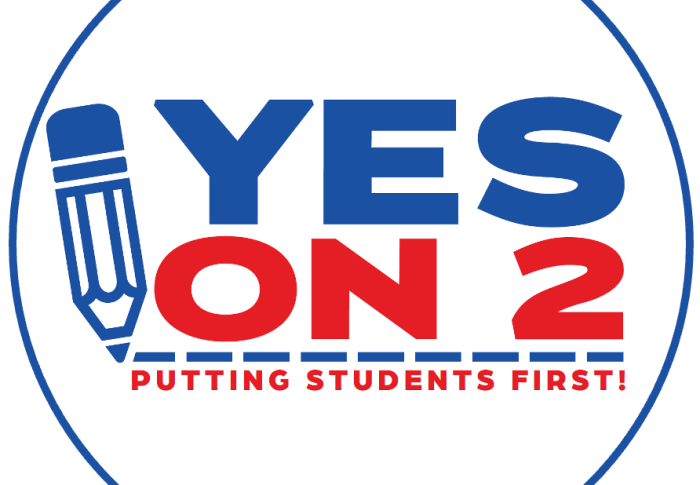
Lies Louisville voters believe about school choice
In 2020, I moved into a new neighborhood of Louisville. As a mother of children in a JCPS school and a taxpayer funding JCPS schools, I naturally looked up the JCPS options for school-age children based on my address. Imagine my shock to discover that only two of the six options had more than half of the children testing proficient in math and reading. The best elementary school in the Highlands, the one everyone around me hopes their children get into, at that point had 61% students proficient.
Isn’t that amazing? 61%! Here’s a major highlight of the problem: Bloom had, at that time, a 97% approval among parents and was widely considered the best elementary school in the Highlands, an area of Louisville with one of the highest income levels and the highest levels of college education among adults. And they overwhelmingly approved of an elementary school that was failing 4 out of 10 of its little learners. This is, quite frankly, the definition of gaslighting. Our schools are so bad that we’ve been gaslit to believe that 61% is a successful outcome.
For the last several years, the Kentucky legislature, dominated by a Republican supermajority, has been trying to provide state-funded options for families whose children are trapped in failing public schools. These families can’t afford to put their children in private schools. There may not have been a place for their child at a better public school. There are simply not enough private scholarship funds to go around for all the children that these schools are failing. So, we’ve tried offering a tax credit for scholarships. We’ve tried starting a charter-school pilot program. Not so fast. Every time the legislature attempts to increase school choice in Kentucky, the law gets shut down because of one big problem: some wording in the Kentucky Constitution.
The Kentucky Constitution says this:
The General Assembly shall, by appropriate legislation, provide for an efficient system of common schools throughout the State.
The Kentucky Supreme Court has interpreted this to mean that laws regarding education provisions cannot single out particular groups. So when charter schools were restricted to geographical location, that law couldn’t go into effect. When scholarship accounts were limited to those families with particular incomes, that law couldn’t take effect. These laws were deemed to not support an “efficient system of common schools” because they didn’t make similar education available to every child.
Recognizing that the problem is the wording in Kentucky’s Constitution Section 183, ratified in 1891, the legislature is turning to the people of Kentucky. This session, legislators will vote on whether to ask Kentucky’s voters to amend the Constitution to allow bills related to school choice to move forward.
Predictably, special interest groups have shown up in droves every time school choice has come up in Kentucky. Charter school companies, of course, have a vested interest in promoting this option in Kentucky. Families have banded together to advocate as well, including those who already struggle to send their children to a private option because they deem it worth it to keep them out of public schools offering sub-par education. And most predictably, the teachers’ unions and all who align with them (particularly the Democratic officials whose campaigns these unions overwhelmingly favor monetarily) have slammed the idea day after day, in venue after venue, with all manner of deception and accusations.
For my part, I encourage all Kentucky voters to take a hard look at the issues and decide whether a school choice funding option would benefit Kentucky’s kids, as I believe is the case. Regardless of where you fall on the issue, I want you to decide based on the truth. Accordingly, I write this post to help you weed through the lies that opponents will be sending your way nonstop between now and the fall ballot.
Without further ado, I present the truth to combat six lies Louisvillians (and other Kentuckians) believe about school choice.
1. Public funds are for public entities.
This is perhaps the top lie regurgitated by everyone from governors to teachers’ union activists. It makes sense on the surface, right? But when you dig into what it means, surely you’ll recognize that this argument is a total fallacy. It’s so full of holes, I know you’ll be able to see right through it.
First, what are “public funds”? Opponents sometimes use the term “public dollars” and of course, they mean taxpayer funds. Be clear about this: “public funds” means the money that the government has confiscated from you to fund what they want. Often, what they want is what we the people want also: safe roads, public parks, and yes, good public schools.
I believe in the idea of public education. I believe free, quality education benefits all of society and so all of society is responsible to fund it. This opinion actually puts me at odds with many of my fellow homeschoolers, who believe that because they do not have children in the public schools, they should not have to pay school taxes. I disagree. Our society as a whole benefits from quality free education for our children. The real question, to me, is not whether the government should spend our money on education, but where it spends it. In other words, where should the money go?
Here’s where I cry foul: no one believes in restricting taxpayer money to public entities. No one. Not even Democratic Socialists. No one. How do I know this? Because JCPS doesn’t own a construction company. When they need to build a building, pave a parking lot, or replace a roof, they hire a private company. And what kind of dollars pay for it? You guessed it– “public dollars.” And Chris Kolb, the JCPS board’s resident Democratic Socialist, approves it.
Other private entities that receive taxpayer money routed through the public school system include curriculum suppliers, travel agents, furniture companies, library suppliers, educational consultants, electronics stores, bookstores– the list is nearly endless. As a curriculum consultant, once upon a time I worked on a project to develop elementary Spanish curriculum for JCPS and I, as a private individual with a small business, received as payment these so-called public dollars.
Here’s the question we must ask when someone tries to make this argument:
Among private companies that receive public education dollars, why is that fine for a company that writes the curriculum and not for a company that runs the school?
2. School choice is a Republican effort to destroy public schools.
This lie is so, so easy to dispel, but you wouldn’t know it if you listened to Kentucky’s Democrats. I’ve listened to the Kentucky Democrats rail for three years against school choice measures, and one thing they agree on: it’s all the Republicans’ secret plot to kill public schools. It will destroy public education. It will defund public schools. But is there any truth to that?
Let’s tackle this by looking at that first issue, whether school choice destroys public schools.
Below is a list of the top 15 education systems in the United States, by state, according to U.S. News and World Report. Next to each state, I list 1) the party affiliation of the governor, as well as the party dominating the legislature(s), and 2) what the school choice options are in that state, according to Ballotpedia (info is from the 2015-16 school year, so it has likely changed).
- Florida (R-R-R) (656 charter schools, tax credit scholarship program, vouchers)
- New Jersey (D-D-D) (89 charter schools)
- Massachusetts (D-D-D) (81 charter schools)
- Colorado (D-D-D) (226 charter schools)
- Utah (R-R-R) (111 charter schools, vouchers for special needs learners)
- Wisconsin (D-R-R) (244 charter schools, tax deduction for private tuition, 4 voucher programs)
- Nebraska (R-R) (none)
- Connecticut (D-D-D) (24 charter schools)
- New York (D-D-D) (257 charter schools)
- Washington (D-D-D) (16 charter schools)
- Virginia (R-D-D) (9 charter schools, inter-district open enrollment)
- Illinois (D-D-D) (145 charter schools, $500 tax credit for educational expenses)
- Iowa (R-R-R) (3 charter schools, $250 tax credit for educational expenses)
- Wyoming (R-R-R) (4 charter schools)
- Vermont (R-D-D) (vouchers for non-religious private school if resident town does not have a public school)
Do you see a pattern that correlates with the party of the government? Do you see a pattern that shows school choice is a death knell for the quality of public school education? Me neither.
We can’t deny the facts: in the state that is both top-ranked in that list and arguably has the most robust funding mechanisms for both charter schools and voucher programs, Florida, not even 13 percent of the school-age population attends private schools. In Jefferson County, this is 23 percent. Quite frankly, JCPS is doing a fine job of killing our public schools by itself.
Dear rural legislators, I understand that you are concerned about what school choice will do to public education in your area. Likely, it will do little, but for families in Kentucky’s population centers with children mired in schools that are not serving them, who don’t have a better path to follow, who don’t even know they could be on a better path, it could change so much.
As a parent in Jefferson County, I cannot tolerate this argument. The quality of education, for those of us in Jefferson County, cannot be part of a serious argument. When I hear the argument that school choice is anti-public education, I cannot help but hear it in the context of where I live. When I moved in 2020 to a neighborhood with one of the highest income brackets in the county, four of six of the schools in my JCPS cluster did not even have half of the students proficient in reading and math. For two of them, the proficiency rate was below 15 in 100. This situation has so gaslit the parents of Jefferson County that we think that a school with a 50-something proficiency rate is a good school – nay, one of the best schools.
I am not sure what could be done to worsen JCPS outcomes. With school choice, could we possibly depress proficient rates any farther in Jefferson County? If “it could get worse” is your defense, you do not understand the situation here.
As a conservative, I’m a believer in the free market. Let the competition begin. Perhaps the threat of losing more students to private and charter schools will finally make JCPS invest more in teachers and less in the Central Office, more in research-backed reading initiatives and less in professional development on “identity reflection,” and improve outcomes.
Private-school funding aside, you must understand that charter schools are public schools. They cannot be religious, they cannot discriminate in admissions, and they are accountable to specific quality regulations. Also, they have gotten much, much better at figuring out how to serve learners (not so much with children with disabilities, unfortunately), and I don’t know how someone can read this from this 2023 study of charter school outcomes and not champion making them part of the public school options in Jefferson County:
Hundreds of charter schools were not only outperforming traditional public schools, but had also lifted the achievement of Black and Hispanic students so much that they were learning as much in math and reading as white students and sometimes more, the study found. Racial gaps in learning – a stubborn problem in education – had been eliminated at these charters, which the researchers dubbed ‘gap busters.’ Those findings may provide the best justification for establishing charters, which were intended to be laboratories of experimentation to improve public education.
3. Kentucky already has school choice.
School-choice opponents will be shouting this from the rooftops: You already have school choice. If you want to send your kids to a private school, send them.
What a classist, elitist take, from the top echelons of teacher union power. When people like KEA’s Campbell say that we already have school choice, they mean that if you want to send your kids to a private school, you’re free to do so. They mean that if you have the money to decide the public school is not serving your family, and move them to a better school, go ahead and do that. They mean if you’re in a large system like JCPS, you can apply to go to a different school. If you don’t have the money, if you’re working hard just to keep food on the table and the lights on, if you don’t understand the application system at JCPS or you don’t have transportation, and your child’s school is failing your family, tough luck for you.
When I criticize our family’s experience within JCPS, I am told that I should have had my oldest skip a grade so she’d be more challenged. People point to the magnet schools and say we should have applied to a magnet school. Pushing aside the issue that JCPS has been obligated to limit transportation and thus further restrict that option to people with more means and flexibility, my children were in a magnet school and my oldest had skipped kindergarten. She entered JCPS in the fifth grade at age 9 and three months.
Swallowing our distaste for the topic of families gaming the JCPS system to get their kids into “better” schools, know that JCPS is a district so committed to serving its students that even when it talks about choice, the ending goes like this:
No promises are made, as demand generally exceeds open spots, inevitably leaving several families seeking a backup plan, [but they end up with no] good second or third options.
That quote was specific to West Louisville, but if you think a higher tax bracket improves your options, put in a “better” address in the school finder and let me know if you think real school choice is available.
Kentucky doesn’t have school choice. Iowa, Florida, Indiana, Utah, Montana, Oklahoma, Arkansas, Nebraska, South Carolina do. Illinois, California, and Wisconsin do. New York and Arizona do. But not you, you Kentucky poors. You don’t. And the elites in the system want to keep it that way.
4. School choice decreases diversity.
For the record, I think everyone benefits from a diverse society. When people around you don’t look, act, or speak like you, you are forced to become either more empathetic or a lousy human being. The diversity of learners at my son’s Louisville private school is one of my favorite features of the school. People who think that all private schools are serving elite white families for $20,000+ a year need to tour the Academy for Individual Excellence in Jeffersontown.
Regardless, we hear this argument, that school choice will decrease diversity because the people who will take advantage of it are the middle-class white families. I heard this at a recent school choice forum, with someone proposing statistics from Indiana about minority representation among school choice beneficiaries.
Take a look at the diversity statistics in JCPS:
- 37% Black
- 35% White
- 17% Hispanic
- 11% Other
But don’t let those numbers tell you the story. Depending on your address or your skills in navigating complicated entry processes in JCPS schools, your elementary child might end up in Brandeis, where 55% of the learners are Black, or Camp Taylor, where that number is 22%, with 43% White and 31% Hispanic. Audubon is 5% Hispanic, and Okolona is 37%. Bloom in the Highlands is 7% Black, and Byck is 88%, Stonestreet is 15%, and Mill Creek is 80%.
Many things decrease diversity, and school choice isn’t one of them. What decreases school diversity? Poverty. What solves the poverty barrier to better schools? School choice funding. Also, when we foster a love of diversity in our community, people will deliberately choose schools that showcase it. I have friends that deliberately send their kids to one school over another because their choice is more diverse.
Anecdotally, I was encouraged when my history-teacher brother said after Florida’s voucher system went into place, the student population at his private school in Jacksonville became much more diverse. But we need data, and the general consensus is that good, controlled school choice policies contribute to integration in schools. But we can’t even craft those policies without amending our Constitution.
Still, you can’t take data from much more diverse places and apply it here. Kentucky is 87% white. Your “less diversity” line is not a strong argument here.
5. School choice reroutes tax dollars to “unaccountable” private schools.
This is the favorite line of the Lieutenant Governor, Jacqueline Coleman. Please, I beg you, ask what “accountable” means. What makes public schools accountable and private schools not? You can find the fallacies in this lie by asking yourself a few simple questions.
First, what happens when a public school fails? The short answer is: nothing. There’s a system of “school intervention” in place in Kentucky, where the state department of education is supposed to step in with support for a school that is deemed failing. If they spend a certain amount of time on a lower level of support, and they’re still failing, the level of intervention is stepped up. That’s it. That’s the accountability. No one gets fired. Schools don’t (or very rarely) get shut down. And meanwhile, Nya in first grade at Maupin has moved to second grade, to third, and still can’t read or do math on level. She’s getting marginalized into a pathway of failure because no one has the guts or power to step in and do something drastic.
A friend of mine was recently volunteering in a public school in Kentucky and sent me photos of these poster charts leadership put up. They’re meant to encourage the kids to try harder at their tests. These are nice people who mean well, but can you believe the sinister undertone here?
Hey kids, our failing scores are really your fault. If you were motivated enough, you’d do better.
Check this out:


On the other hand, what happens if a charter school isn’t accomplishing its goals? It closes. What happens when a private school fails to educate a child? The parents withdraw. Charter and private schools are more immediately accountable directly to their stakeholders than public schools have been or ever will be.
On a random weekday in November of 2019, I picked up my son in car line, parked the car, walked in and told the assistant principal that he would not return for the remainder of the year. (Then NTI happened and he just never went back.) His JCPS school was not serving his educational needs, and so I fired them. I had been in the homeschool community for 30 years and was well aware of my rights as a parent. But quite frequently on homeschool groups on Facebook and the like, I see questions about how to withdraw children from public school, whether you’re “allowed” to do it within a certain amount of time relative to the beginning of the year, if you have to notify the district of intent to homeschool first, etc. I’m astonished by these questions. Do parents really not know that you are a client of a public school system, and if that system is failing you, you simply walk out the door? Yes, we send in a letter of intent, but you literally have the right to pick up your child at lunch on Tuesday and never return.
My point is this: I could leave a system that was failing my son and find alternatives because I know what I’m doing and I can figure out the resources to do something different. What about others who aren’t like me? What about Nya’s grandma working two jobs and trying to raise three grandkids? Imagine the strides the district would take to make forward progress fast if every “client” were empowered to know and achieve real alternatives. That would be accountability.
6. “My” JCPS experience was phenomenal.
This is the most fallacious argument and it shouldn’t be presented in a serious conversation. It’s a logical fallacy called “argument from anecdote.” Essentially, someone argues against changes in public schools because they are a product of public schools and after all, they turned out okay. It’s a tempting argument, but it doesn’t hold water. Public school activists in the Kentucky legislature particularly like to go this route. Tina Bojanowski consistently does it, and in her case, it proves less than nothing. How can she possibly compare her JCPS experience from more than four decades ago to the landscape facing my children today? Even the governor gets in the game, touting how he’s the proud parent of two public-school attendees. But those of us stuck behind with our JCPS options remember that he did not put his children in public school until he left Jefferson County.
Listen, school choice isn’t going to magically solve all the problems in any public school, much less the behemoth of complicated problems that is JCPS. Between now and November, you’ll be bombarded with every reason in the book why school choice is bad for schools, bad for kids, bad for Kentucky. Don’t believe them. You’re smarter than that, Louisville. Remember that just because we can’t solve all the problems, that doesn’t mean we shouldn’t have a shot at solving some of them. Give school choice a chance. Vote YES for on Amendment 2 this fall.
